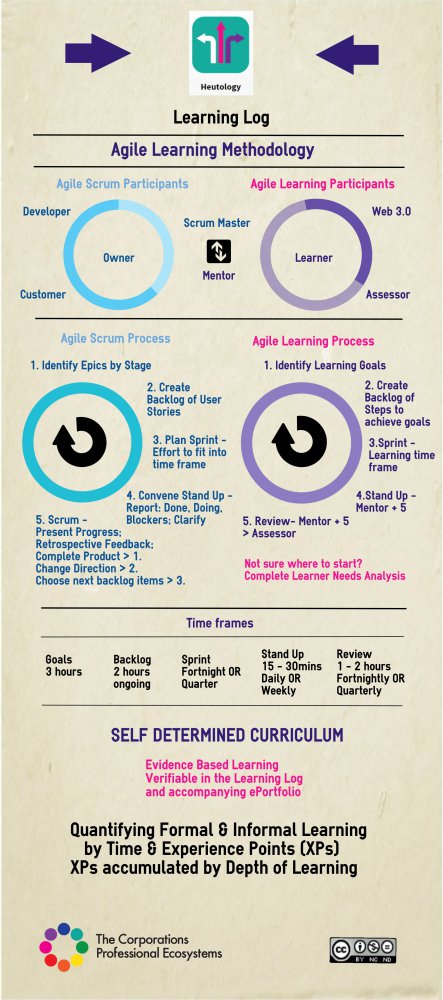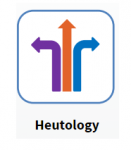 At the turn of the millenium, and before, there was recognition, when dealing with the creative process of software development, that a need to be able to outline complex project requirements existed. There were several project management methods in place but practitioners of Agile followed the process of creating a backlog of items to be built and then deliver that product in small increments so that, should there be need to change direction then this could be recognised and adjusted quickly.
At the turn of the millenium, and before, there was recognition, when dealing with the creative process of software development, that a need to be able to outline complex project requirements existed. There were several project management methods in place but practitioners of Agile followed the process of creating a backlog of items to be built and then deliver that product in small increments so that, should there be need to change direction then this could be recognised and adjusted quickly.
The 12 Principles of "The Agile Manifesto", were outlined by 17 men in 2001. The Agile Alliance created , "The Guide to Agile Practices" at a later time. Agile Learning Methodology is based on the concept of Agile Scrum Methodology, a software development process which was documented by Ken Schwaber, with others, who founded the Scrum Alliance. Scrum Methodology is a refined Agile process.There have been a few attempts made to bring this methodology into the Education arena. Several large business organisations have adopted Agile to change there processes.
The infographic to the left is a depiction of how we, at EduCorp, believe Agile and Scrum processes can be adopted in Professional Learning, and in fact all learning environments. The roles, processes and timelines are outlined to provide an insight into how this management of learning can be used effectively in an educational setting.
In 2012, a school in New York decided to embrace Agile as it's learning method, this school has blossomed into Agile Learning Centers, spreading across the US. The centers "blend agile practices and philosophies to create micro-schools that emphasize collaborative culture, creation and self-directed learning. The future is in the hands of the entrepreneurs, freelancers, and creative community builders.The skill set required is to identify an opportunity, organize a team, plan the work, execute to fulfillment, and build your reputation from these successes. Fluency in digital media; social, cultural and emotional intelligence; motivation; self-knowledge, and a sense of purpose."
So it would appear logical that if students need to be familiar with managment processes like Agile, it is therefore also logical that Educators need to have this experience to implement the method. What better way to train the trainer than embed Agile Learning Methodology into a Professional Ecosystem. <Drumroll> So you'll never guess what the next section of our Heutology > Learning Log will include!!!!! Yes we have endeavoured to create the Agile Scrum process as part of self management and/or mentor management. Ideally Educators would work in pods of 5, lead by a mentor, specialising in a #hashtag or area of interest similar to the mentee. Please review the infographicand provide us with as much feedback as you desire, very open to constructive criticism here, it's part of the protocol.



